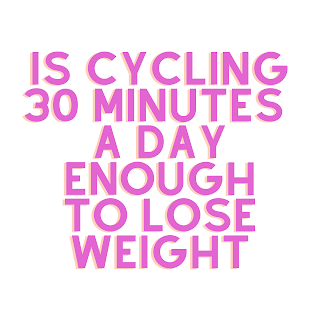Intermittent Fasting and Cycling
Intermittent Fasting and Cycling: A Powerful Combination for Performance and Health?
Intermittent fasting (IF) has exploded in popularity in recent years, touted for its potential benefits in weight loss, metabolic health, and even cognitive function. But what about its impact on athletic performance, specifically for cyclists? Can IF help you push harder on the pedals and reach your cycling goals?
The Science Behind IF:
IF involves cycling between periods of eating and fasting. Popular methods include the 16/8 method (fasting for 16 hours and eating within an 8-hour window) and the 5:2 method (eating normally for 5 days and restricting calories to 500-600 on 2 non-consecutive days).
The theory behind IF is that it switches your body's primary fuel source from glucose stored in the muscles and liver to fat stored in the adipose tissue. This can lead to:
- Weight loss: By burning fat for fuel, IF can help you shed unwanted pounds.
- Improved insulin sensitivity: IF can make your cells more responsive to insulin, leading to better blood sugar control.
- Increased fat oxidation: Your body becomes more efficient at burning fat for energy, potentially improving endurance performance.
- Cellular repair and autophagy: Fasting periods may trigger cellular repair mechanisms, potentially reducing inflammation and improving overall health.
IF for Cyclists: Potential Benefits and Drawbacks
For cyclists, the potential benefits of IF are enticing:
- Reduced body fat: A leaner physique can mean improved power-to-weight ratio and potentially faster climbs.
- Enhanced fat burning: Increased fat oxidation during rides could spare muscle glycogen, leading to longer rides and quicker recovery.
- Improved metabolic health: IF's potential benefits for insulin sensitivity and blood sugar control could be advantageous for athletes.
However, there are also potential drawbacks to consider:
- Reduced energy availability: During fasting periods, your body may not have readily available glucose for high-intensity efforts, potentially impacting performance.
- Muscle loss: If not implemented correctly, IF can lead to muscle breakdown, especially in calorie-restricted protocols.
- Digestive issues: Some cyclists experience digestive discomfort during fasting periods, which can affect training and performance.
Finding Your IF Balance as a Cyclist
If you're a cyclist considering IF, it's crucial to approach it cautiously and with proper planning. Here are some tips:
- Start gradually: Don't jump into a 16/8 fast right away. Begin with shorter fasting windows and gradually increase the duration as your body adapts.
- Focus on nutrient-dense foods: During your eating window, prioritize whole, unprocessed foods rich in protein, healthy fats, and complex carbohydrates.
- Listen to your body: If you experience fatigue, dizziness, or other negative effects during fasting, adjust your approach or stop altogether.
- Fuel your rides: Make sure you consume enough carbohydrates before, during, and after training rides to support your energy needs.
- Consult a professional: Seek guidance from a registered dietitian or sports nutritionist experienced in IF for athletes.
Remember, IF is not a one-size-fits-all approach. What works for one cyclist may not be optimal for another. Experiment, listen to your body, and find what works best for you and your cycling goals.
Additional Tips:
- Consider experimenting with different IF protocols to see which one best suits your training schedule and preferences.
- Pay attention to your hydration levels, especially during longer rides and warmer weather.
- Track your progress and adjust your IF approach as needed.
- Don't be afraid to seek professional help if you have any concerns or questions about IF.
With careful planning and implementation, IF can be a valuable tool for cyclists looking to improve their performance and overall health. However, it's crucial to prioritize your well-being and listen to your body's needs to ensure a safe and successful experience.
Happy cycling and happy fasting!



.png)
